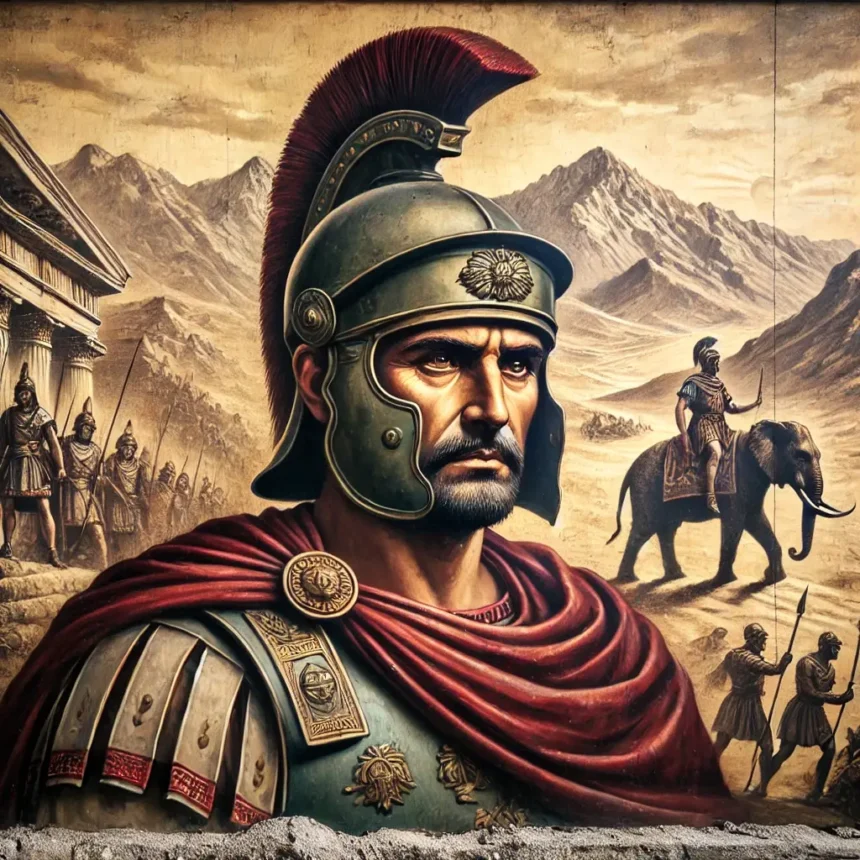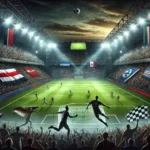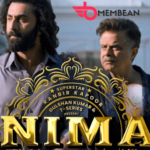Introduction
Hannibal Barca was one of the most brilliant military commanders in history. Born in 247 BC in. Carthage (modern-day Tunisia). He was known. For his strategic. Warfare against the Roman. Republic during the Second Punic War. Hannibal’s tactics and fearless nature have made him a legendary historical figure.
Early Life of Hannibal Barca
Hannibal Barca was born. Into a family. known for its military prowess. His father, Hamilcar Barca, was a leading general in the First Punic War. From a young age. Hannibal was instilled. With a deep hatred for Rome. As his father made him swear. To be an enemy of Rome for life. This oath shaped Hannibal’s future and guided his actions as a military leader.
The Carthaginian Empire
Hannibal Barca grew up in the Carthaginian Empire, one of the most influential civilizations of the time. Carthage was a wealthy city-state with vast territories in North Africa, Spain, and other parts of the Mediterranean. The Carthaginians were renowned sailors and traders, giving them an edge in wealth and influence.
Hannibal’s Rise to Power
After his father’s death, Hannibal Barca rose to prominence in the Carthaginian army. His charisma, intelligence, and leadership skills quickly earned him the respect of soldiers and commanders alike. By his early 20s, Hannibal had become the commander of Carthaginian forces in Spain, a key territory that provided Carthage with wealth and resources.
Crossing the Alps: Hannibal’s Most Daring Feat
One of the most famous events in Hannibal Barca’s military career was his bold Alps crossing. In 218 BC, during the Second Punic War, Hannibal led his army from Spain into Italy to surprise the Roman forces. This journey was fraught with challenges, including treacherous terrain, harsh weather, and attacks from hostile tribes. Despite these difficulties, Hannibal managed to cross the Alps with a large army, including war elephants. This feat remains one of the most outstanding military achievements in history.
Hannibal Barca’s Battle Tactics
Hannibal Barca was a master of battlefield tactics. His use of ambushes, flanking maneuvers, and psychological warfare set him apart from other military leaders. In the Battle of Cannae (216 BC), Hannibal achieved one of his most significant victories by encircling and defeating a much larger Roman army. This battle is still studied in military academies worldwide for its brilliant tactics.
The Second Punic War
The Second Punic War was a conflict between Rome and Carthage, primarily fueled by Hannibal’s desire to avenge Carthage’s defeat in the First Punic War. Hannibal Barca led several successful campaigns against Rome, winning significant battles at Trebia, Lake Trasimene, and Cannae. His ability to outsmart Roman generals made him a feared opponent.
Hannibal’s War Elephants
Hannibal Barca is often associated with his use of war elephants. These massive creatures were used to instill fear and chaos among enemy forces. During the crossing of the Alps, Hannibal’s elephants helped protect his army from hostile attacks and became a symbol of his determination. Although not consistently effective in battle, the elephants left a lasting impression on his enemies.
Rome’s Struggle Against Hannibal
Despite Hannibal’s victories, Rome refused to surrender. The Romans adapted their strategies, avoiding confrontation with Hannibal and focusing on cutting off his supply lines. They also attacked Carthaginian territories elsewhere, forcing Hannibal to return to defend his homeland. This prolonged struggle eventually exhausted Carthage’s resources and weakened Hannibal’s position.
The Battle of Zama: Hannibal’s Defeat
In 202 BC, Hannibal Barca fought his final battle against the Roman general Scipio Africanus at Zama in North Africa. Despite his tactical brilliance, Hannibal was defeated by Rome’s superior cavalry and the loyalty of its allies. The defeat at Zama marked the end of the Second Punic War and Carthage’s dominance in the Mediterranean.
Hannibal’s Later Life
After the war, Hannibal Barca continued to play a role in Carthaginian politics, serving as a statesman and military advisor. However, his influence made him a target of Roman hostility. Fearing Roman retaliation, Hannibal fled into exile, where he served as a military advisor to various eastern kings. Despite his efforts, he could not raise a new army against Rome.
Death of Hannibal Barca
Hannibal Barca’s life ended in 183 BC. To avoid capture by the Romans, he took poison. His death marked the passing of one of history’s greatest military minds. Hannibal’s legacy, however, lived on as an example of courage, strategy, and determination.
Hannibal’s Legacy
Hannibal Barca remains an enduring figure in military history. Military strategists continue to study his strategies, particularly the encirclement tactic used at the Battle of Cannae. Hannibal’s ability to inspire and lead his troops through incredible hardships has made him a symbol of leadership and resilience.
Why Hannibal Barca Was Unique
Hannibal Barca’s bravery, intelligence, and tactical skill lay in his uniqueness. Unlike other generals, he relied on clever strategies rather than brute force. His use of terrain, psychological warfare, and surprise attacks changed how battles were fought. Hannibal’s strategies forced Rome to rethink its military tactics, leading to the eventual dominance of Roman military might.
Hannibal Barca in Popular Culture
Hannibal Barca’s story has inspired countless books, movies, and TV series. His daring crossing of the Alps and dramatic battles against Rome make compelling storytelling. Modern times, Hannibal is often portrayed as a genius strategist and a symbol of resistance against overwhelming odds.
Hannibal Barca’s Influence on Warfare
Hannibal Barca’s military tactics have influenced warfare throughout history. His ambushes and flanking movements set the standard for future military leaders. Generals like Napoleon Bonaparte and George Patton studied his battles to learn the art of warfare. Hannibal’s approach to combining different types of troops, such as infantry, cavalry, and war elephants, shaped the development of military strategy.
Lessons from Hannibal Barca’s Life
Hannibal_Barca’s life offers many lessons in leadership, determination, and strategic thinking. His relentless pursuit of victory, even when faced with immense challenges, teaches the importance of resilience. Hannibal’s ability to adapt to different battle conditions demonstrates the value of flexibility in strategy.
The Carthaginian Army Under Hannibal
Hannibal_Barca built a diverse army, drawing soldiers from various parts of the Carthaginian Empire. His troops included Africans, Spaniards, Gauls, and others, each contributing unique skills to his campaigns. Hannibal’s ability to unify and lead this diverse force was a testament to his leadership abilities.
Hannibal Barca’s Relationship with Rome
Hannibal_Barca had a complex relationship with Rome. While he hated the Roman Republic and sought its destruction, he admired Roman discipline and military organization. After his defeat, some Roman leaders acknowledged Hannibal’s genius, recognizing him as one of the greatest enemies they had ever faced.
Why Hannibal Barca Failed
Despite his brilliance, Hannibal_Barca ultimately failed to defeat Rome. Several factors contributed to this outcome, including Rome’s vast resources, political stability, and strategic adaptability. Hannibal’s inability to secure sufficient reinforcements and supplies also hindered his campaign. Nonetheless, his efforts left a lasting mark on Roman society and military strategy.
Hannibal Barca’s Influence on Roman Tactics
Hannibal_Barca’s military tactics forced Rome to rethink its strategies. After heavy losses, the Romans adopted more flexible tactics and improved their cavalry forces. The experience of facing Hannibal helped shape Rome into a more formidable military power, eventually allowing it to conquer vast territories across Europe and beyond.
FAQs
Q1: Who was Hannibal_Barca?
Hannibal_Barca was a Carthaginian military commander known for his campaigns against Rome during the Second Punic War.
Q2: Why is Hannibal famous?
Hannibal is famous for his strategic brilliance, particularly his daring crossing of the Alps and victory at the Battle of Cannae.
Q3: Did Hannibal_Barca use war elephants?
Hannibal used war elephants in his campaigns, especially when crossing the Alps.
Q4: How did Hannibal die?
Hannibal took poison to avoid capture by the Romans in 183 BC.
Q5: What is Hannibal_Barca’s legacy?
Hannibal’s legacy lies in his innovative military tactics, leadership skills, and role as one of history’s greatest generals.
Conclusion
Hannibal_Barca was a military genius whose tactics and strategies continued to influence modern warfare. Despite his eventual defeat, his campaigns against Rome showcased the power of intelligence, strategy, and resilience. Hannibal remains a symbol of leadership and the relentless pursuit of one’s goals, regardless of the obstacles. His life and legacy continue to inspire and teach valuable lessons in courage and determination.









